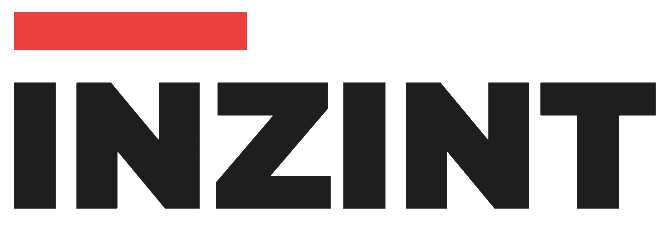
BI is a broad phrase that includes descriptive analytics, process analysis, performance benchmarking, and data mining. In this blog, we will explore the meaning of Business Intelligence and what makes it unique from Data Science
What is Business Intelligence?
Business Intelligence is an umbrella term that comprises the applications, infrastructure, tools, and best practices that enable access to and analysis of information to improve and optimize decision-making and performance. Using a fact-based support system, it is an idea that describes concepts and techniques to improve business decision-making. Business intelligence is a smart system that offers interactive dashboards, analytics, contingency planning, control over reporting, etc.
What advantages does using business intelligence have for the organization?
By displaying both current and historical data in the context of their business, BI helps businesses in making better decisions. The business intelligence can then be used by analysts to establish competitive and performance benchmarks, transforming firms’ processes to function more efficiently. In-depth real-time customer insights are made possible by BI, which also reduces time spent on data entry and identifies/examines areas that require cost-cutting and budget allocation. Business intelligence increases an organization’s internal productivity by guiding what tasks require more time and effort.
BI tools that are at their best
- Microsoft’s Power BI
According to Microsoft, “Power BI” is a business analytics tool that enables data visualization and insight sharing throughout your organization as well as their embedding in apps and websites. It is a collection of tools and services for data visualization and business intelligence. Advanced technologies like machine learning and artificial intelligence are now included in Power BI. Additionally, it is connected with Cortana, the virtual assistant from Microsoft.
- Tableau
The platform for data analytics and visualization is called Tableau. It is a popular option among consumers of business intelligence since it features drag-and-drop functionality and connectivity to numerous data sources.
- Qlik
Similar to Tableau, Qlik is a self-service business intelligence tool. Qlik software helps business users to find and share insights with their co-worker
What differentiates business intelligence from data science?
To comprehend a company’s historical performance, business intelligence helps monitor the present condition of business information. It exploits an existing formula to offer updated values for previously understood factors.
Data Science, on the other hand, combines many interdisciplinary fields to produce fresh insights from available business data. Data science produces data that has never been answered previously without the use of formulas.
In conclusion, BI helps in the interpretation of historical data, and data science analyses the previous data to develop predictions. Data Science is utilized for Predictive Analysis, while BI is used for Descriptive Analysis.
Data Science and Business Intelligence work best together!
The development of linked technologies, which when combined have the potential to completely change firms into digital ones, is one of the largest technological issues facing businesses today. Both business intelligence and data science use vast amounts of data to analyse the market and industry trends; however, business intelligence is the obvious starting point for experimenting with data science. While data science can help you forecast the future of your organization and help you improve your products and services and scale your operations if you have a BI team in place collecting vast volumes of data, In either case, business intelligence and data science are both crucial to your company.




